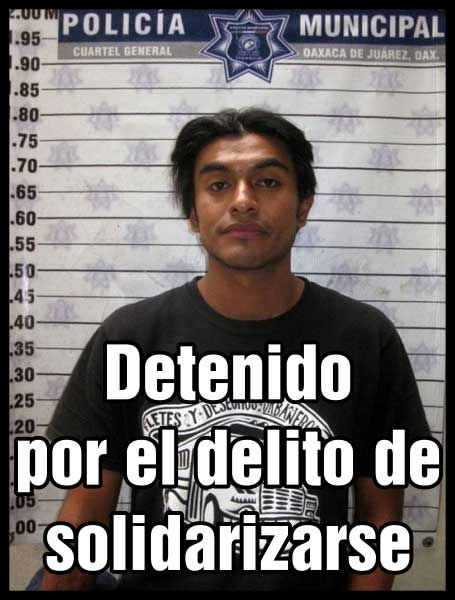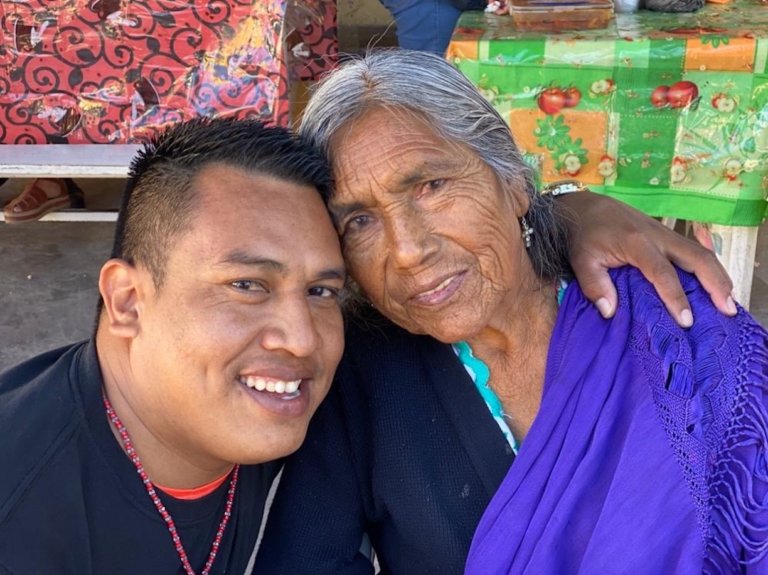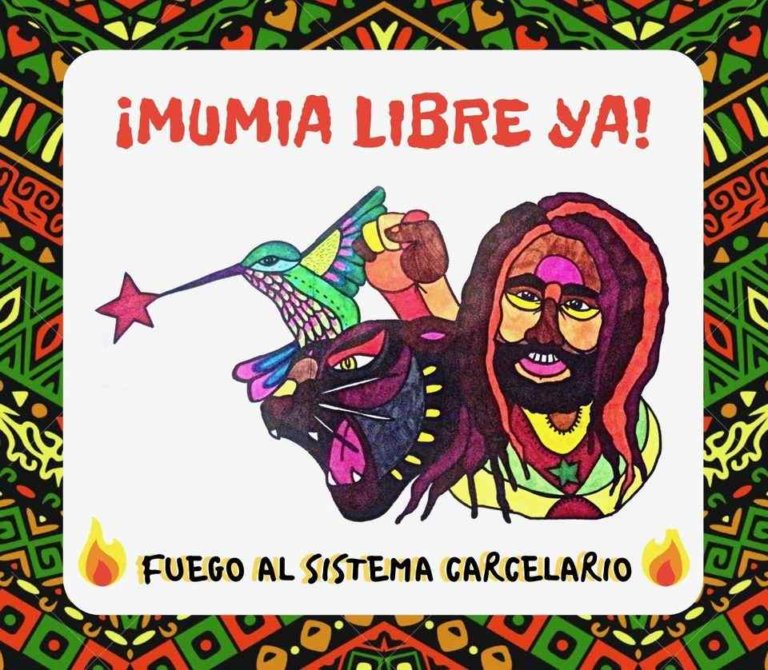by medianoche, Centro de Medios Libres
March 31, 2013.- Not long ago, Oaxaca was ruled by a despot named Ulises Ruiz. He was accused of crimes against humanity committed against the teachers’ movement and the people who came out in solidarity with them.
That tyrant arrested countless political activists — members of collectives, organizations and communities who rose up against his crimes against humanity. Yet the arrests continue even though he’s no longer in office. Why so, if the new governor is of a different political party and still refers to his administration with the slogan “government of change”?
The name of the current ruler is Gabino Cué. As was formerly the case, he tolerates groups of gunmen who ruthlessly attack townspeople resisting the enormous wind energy projects on the Isthmus of Tehuantepec. During his term of office, murders have gone unpunished against people opposing mining taking place without community consent.
The arrest of David Venegas last March 28, along with Feliciano Efrén Hernández Pablo, is just one example of how political repression is still taking place in Oaxaca.
David Venegas, popularly known as “El Alebrije,” is an anarchist and political activist, well-known for having participated in Oaxacan Voices Constructing Autonomy and Freedom (VOCAL), a collective formerly based in La CASOTA in the historical center of the city of Oaxaca.
But David Venegas is not only known as an organized anarchist, but also as someone who has acted in solidarity with the struggles of other people resisting state repression. We remember that he participated in the peoples’ movement in Oaxaca in 2006-2007. We remember that he participated in the humanitarian caravan that set out for San Juan Copala on April 27, 2010 and was attacked by paramilitary forces in the Triqui region, and that he was in hiding after that attack in which Bety Cariño and Jyri Jaakola were murdered. We remember his unconditional support for the displaced Triqui people. Last year, while many sectarian ‘old guard’ groups opposed the #Iam132 student movement, David Venegas acted in solidarity with that movement. In recent months, he has joined in the solidarity actions against the wind parks on the Isthmus of Tehuantepec that are imposed against the will of the communities without any previous consultation.
Some media have reported the most recent arrest of David Venegas with headlines like this one: “AEI (State Investigatory Agency) arrests dangerous suspect accused of robbery and assault and battery.” Even well-informed reporters like Pedro Matías of Proceso seem to have forgotten that David Venegas’ prior arrests were always for political reasons, and that each time, the government was obliged to drop the charges. Pedro Matías fails to mention the political motives for those arrests, and with a pretense of “neutrality” says that Venegas “has previously been arrested for the commission of a number of different crimes, including possession of cocaine on April 13, 2007.”
But some of us remember what happened. We remember, for example, that on April 13, 2007, David Venegas was disappeared after being detained and that trick photos were taken at the site of his arrest after he was beaten, featuring a little mound of cocaine placed in front of him and his face swollen from the blows he had received. Afterwards, he was taken before the public prosecutor. We remember that the trick photos were analyzed in detail in the independent media, demonstrating the way the montage was put together, and the torture to which he had been submitted. We remember that he was finally absolved [after spending eleven months in jail]. How is it possible that Proceso reporter Pedro Matías doesn’t remember any of this? How is it possible that the other commercial media don’t remember?
It’s clear that there has been no change in the forms of repression from the regime of Ulises Ruiz to that of Gabino Cué; neither have there been changes in any of the structures of the system, such as the public prosecutors’ offices. Who doesn’t remember the mass arrests in November of 2006, when the detainees from the insurrection against Ulises Ruiz were loaded onto helicopters and sent to a prison in Nayarit, many miles away? The public prosecutors had already prepared backpacks for each person arrested, which contained an identical kit: 2 quart-sized molotov coctails, vinegar, a piece of cloth, a gas mask, a black sweatshirt, a bandana, etc.
So then, very much in the old style, David Venegas and Feliciano Efrén Hernández Pablo, are now arrested and accused of robbing a taxi driver, and once they are jailed, another arrest warrant is presented based on recent charges filed by a PRI group.
In January of 2012 David Venegas was arrested under direct orders from “on high,” when yet another caravan was underway in which people displaced from San Juan Copala were trying to return to their community besieged by paramilitary forces in collusion with the new Gabino Cué government. The governor himself had publicly stated to the news media that David Venegas was a “professional agitator.”
The persecution against David Venegas and other social activists has not ceased under the Cué administration.
In Oaxaca’s “government of change,” nothing has changed, or perhaps it has changed to stay the same. The arrests of political activists continue, with fabricated charges and the same old public prosecutors and judges. Arrests are made under standing orders from above in order to demobilize and silence the people.
The arrest of David Venegas and Feliciano Efrén Hernández Pablo occurred just before Peña Nieto’s upcoming visit to Oaxaca.
In Oaxaca actions are being organized to win the freedom of David Venegas and Feliciano Efrén Hernández Pablo, while nationally and internationally, a cybernetic campaign is underway to publish solidarity photos.
For more information on the case (in Spanish), see: Proyecto Ambulante.



